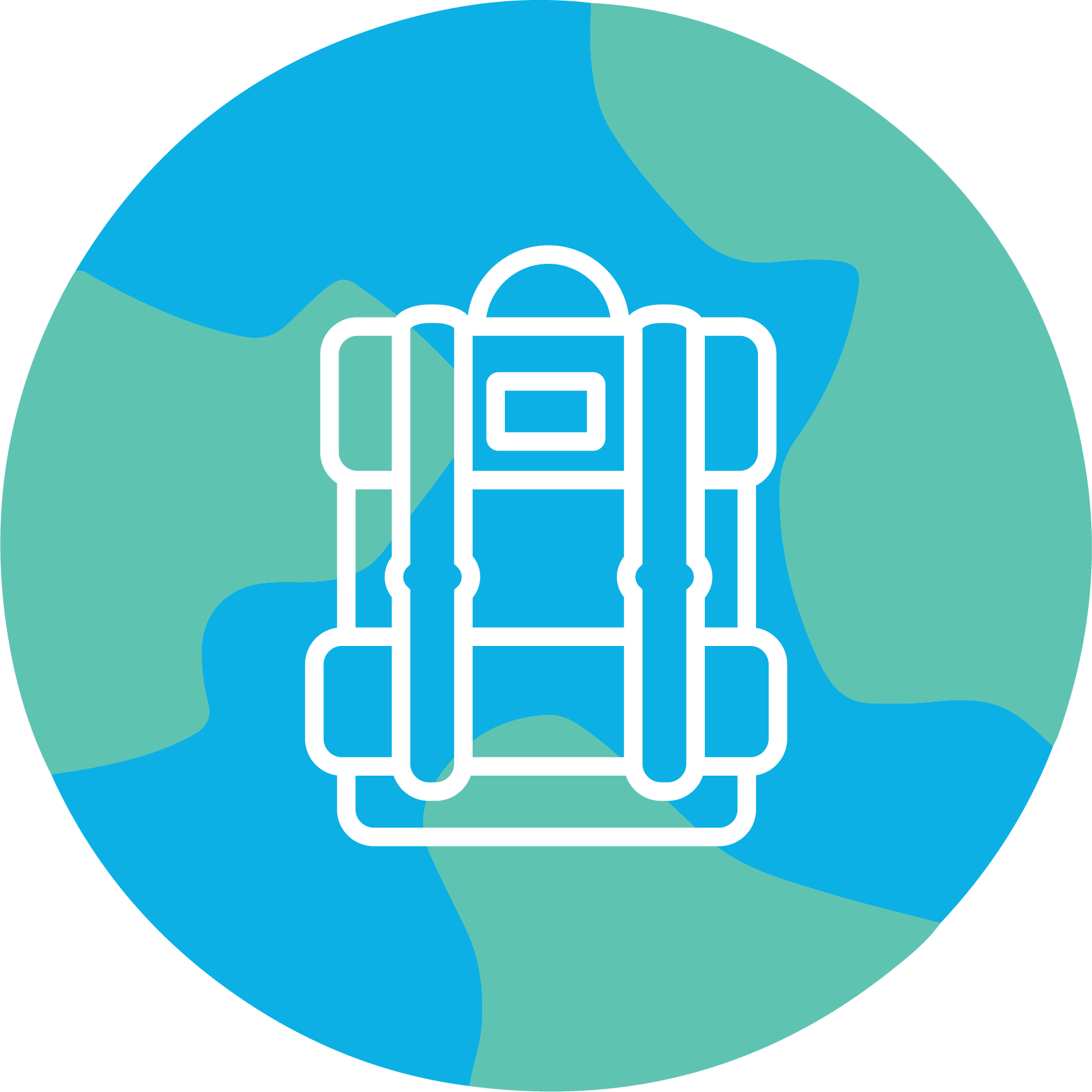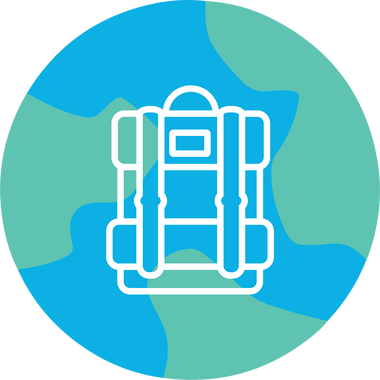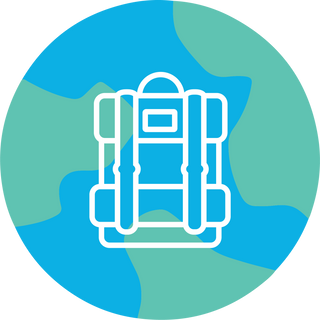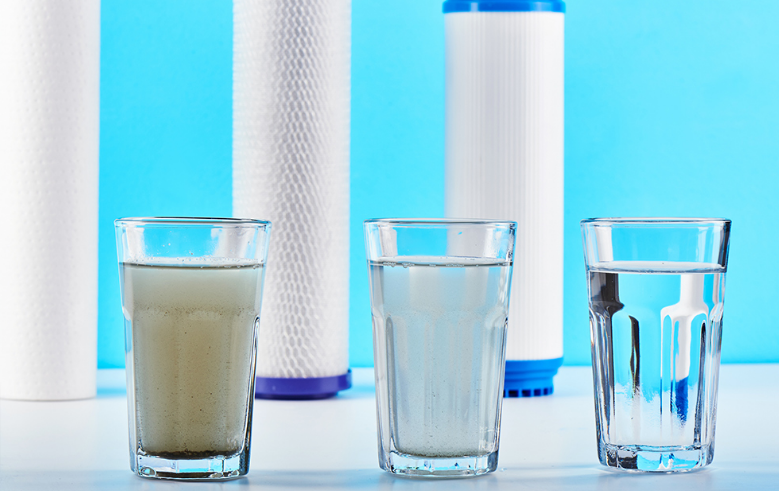The Jaw Dropping Benefits of a Technology Detox on Your Mental and Physical Health

We live in a world where technology has become an inseparable part of our daily lives...
From smartphones to laptops, we are constantly surrounded by screens and blue light. However, too much exposure to technology can have negative effects on our physical and mental health, from disrupted sleep to decreased productivity.
In this blog, we'll explore the science behind why a technology detox is crucial for our well-being and how it can improve our sleep, mood, and overall health.
The Negative Effects of Blue Light on Circadian Rhythms and Melatonin Production
Have you ever been scrolling through your phone late at night and found it hard to fall asleep afterwards? It turns out, the blue light emitted by screens is to blame. Blue light suppresses the production of melatonin, the hormone that regulates our sleep-wake cycle. This can lead to disrupted circadian rhythms and poor sleep quality, which can increase the risk of sleep disorders and depression.
Studies have shown that prolonged exposure to blue light can result in disrupted sleep patterns, decreased overall health, and a decreased sense of well-being. In fact, one study found that participants who were exposed to blue light before bed had a 60% reduction in their levels of melatonin, leading to a decrease in overall sleep quality. So, if you want to improve your sleep, it's essential to limit your exposure to screens and blue light before bedtime.
"But before we dive into this lets explain what blue light, melatonin and circadian rhythms are.. And no we aren't talking about your Wednesday night salsa class rhythms you dance too..."

So What's Blue Light and Why is it So Bad?
Blue light is a type of high-energy visible (HEV) light that is emitted by electronic screens, such as smartphones, computers, and televisions. Blue light has a shorter wavelength and higher energy compared to other types of light, making it more likely to interfere with our circadian rhythms and sleep patterns.

"( Insert breaking bad Jesse saying "Yeah Science ____" )"
Negative Impacts of Too Much Blue Light
- Suppresses Melatonin Production: Blue light has been shown to suppress the production of melatonin, the hormone that regulates our sleep-wake cycle. This can lead to disrupted circadian rhythms and poor sleep quality.
- Disrupts Sleep Patterns: One study found that participants who were exposed to blue light before bed had a 60% reduction in their levels of melatonin, leading to a decrease in overall sleep quality.
- Increases Risk of Sleep Disorders: Prolonged exposure to blue light has been linked to an increased risk of sleep disorders and depression.
- Decreased Overall Health: Blue light exposure has been linked to decreased overall health and a decreased sense of well-being.
"Think of it this way. Blue light is like the caffeine of the light spectrum, it keeps us alert and awake, but too much can disrupt our sleep and overall health, just like too much caffeine can disrupt our sleep and increase anxiety."
Now it's important to limit our exposure to blue light, especially in the hours leading up to bedtime, to ensure we maintain good sleep patterns and overall health otherwise you might find yourself looking and feeling like you haven't slept in 62 years after realising Santa isn't actually real...

Ok Well What is Melatonin and Why Do We Need It?
Melatonin is a hormone produced by the pineal gland in the brain, which regulates our circadian rhythm and helps us fall asleep. Melatonin levels increase in the evening as it gets darker and decrease in the morning as it gets lighter.
Negative Impacts of Not Having Enough Melatonin
-
Disrupts Sleep-Wake Cycle: Low levels of melatonin can result in difficulty falling and staying asleep, leading to disrupted sleep-wake cycles.
-
Increases Risk of Sleep Disorders: A lack of melatonin has been linked to an increased risk of sleep disorders, including insomnia.
-
Weakens Immune System: One study found that participants who had disrupted sleep patterns and low levels of melatonin were more likely to get sick.
-
Decreased Mood and Cognitive Function: Melatonin has been linked to improved mood and cognitive function, so a lack of it can lead to decreased mood and cognitive function.
"Imagine this Melatonin is like the conductor of the circadian rhythm orchestra, it helps regulate the sleep-wake cycle and keeps everything in harmony, but when it's not in enough supply, the whole system falls out of sync, leading to disrupted sleep and overall health."
Keep this in mind, it's important to maintain healthy levels of melatonin to ensure good sleep and overall health. This can be done by reducing exposure to screens and artificial light in the evenings, and by creating a relaxing bedtime routine.

Now What the hell is Circadian Rhythms?
Circadian rhythms are the natural physical, mental, and behavioural changes that occur in a 24-hour cycle. They are influenced by light and dark and are responsible for regulating our sleep-wake cycle, hormone production, and other functions in our body.
Negative Impacts of Disrupted Circadian Rhythms
- Impairs Sleep Quality: Disrupted circadian rhythms can lead to difficulty falling asleep, staying asleep, and overall poor sleep quality.
- Increases Risk of Sleep Disorders: A lack of regular circadian rhythms has been linked to an increased risk of sleep disorders, including insomnia.
- Weakens Immune System: One study found that participants with disrupted circadian rhythms were more likely to get sick.
- Decreased Mood and Cognitive Function: Circadian rhythms play a crucial role in regulating mood and cognitive function, so disrupted rhythms can lead to decreased mood and cognitive function.
- Increased Risk of Chronic Diseases: Disrupted circadian rhythms have been linked to an increased risk of chronic diseases, including heart disease, diabetes, and cancer.
"Here is where it gets interesting, Circadian rhythms are like a 24-hour internal clock, they help regulate our sleep-wake cycle, hormone production, and other functions, but when they are disrupted, it's like our internal clock is off, leading to negative impacts on our health."
it's important to maintain regular circadian rhythms for good sleep and overall health. This can be done by reducing exposure to screens and artificial light in the evenings, creating a relaxing bedtime routine, and sticking to a regular sleep schedule.
The Importance of a Dopamine Detox
Have you ever found yourself scrolling through your phone for hours on end, unable to put it down?
This is due to the release of dopamine, a neurotransmitter that is associated with pleasure and reward. The constant use of technology stimulates the release of dopamine, leading to addiction and a desire for more stimulation.
Overstimulation of dopamine receptors can result in decreased sensitivity, making it harder for us to feel satisfied and leading us to seek out more stimulation. This can lead to an endless cycle of phone checking and technology addiction, making it difficult to disconnect from our screens.
A dopamine detox, by reducing technology usage, can help reset dopamine sensitivity and improve overall mood. By taking regular breaks from technology and finding alternative ways to boost dopamine levels, such as exercise, social interaction, or creative pursuits, you can improve your mental health and break the cycle of addiction.
The Benefits of a Technology Detox
So, what exactly are the benefits of a technology detox?
By reducing your exposure to screens and blue light, you'll improve your sleep quality, allowing you to feel more rested and refreshed in the morning. This can lead to increased productivity, as you'll be able to work more efficiently and make better use of your time.
In addition to improved sleep and productivity, a technology detox can also improve your mood and decrease stress.
By taking regular breaks from technology, you'll have more time for physical activity, social interactions, and other activities that boost your mood and reduce stress.
Finally, a technology detox can also enhance your creativity and reduce brain fatigue. By giving your brain a break from the constant stimulation of screens, you'll have the opportunity to let your mind wander and come up with new and creative ideas.
"Essentially a detox is like resetting your taste buds to appreciate the simple pleasures in life, like spending quality time with loved ones or enjoying nature."
Detoxing is an essential part of maintaining our physical and mental health in the digital age. By reducing our exposure to screens and blue light, we can improve our sleep, mood, and overall health, allowing us to lead more fulfilling and productive lives. So, next time you're feeling overwhelmed by technology, consider taking a break and unplugging to recharge. Your mind and body will thank you.
So the question really is, are you ready to take the challenge and try a technology detox?
Start small and gradually decrease your screen time each day. You might be surprised by how much better you feel after just a few days of unplugging.
Remember, taking a break from technology is an investment in your physical and mental health, and the benefits are well worth it. So, unplug, relax, and enjoy the simple pleasures in life.

Chris is a Certified Personal Trainer, Strength and Conditioning Coach, Sports Nutrition Advisor, Breathing Performance Coach, Cognitive Behavioural Therapist Coach, Over 10 years experience in the health and fitness industry, while also running his own businesses since 2014 allowing him to implement and practice tools that allowed him to thrive in life.
In the past Chris experienced first hand on how to overcome his own severe anxiety and depression through changing lifestyle habits and behaviours through holistic health.










Leave a comment